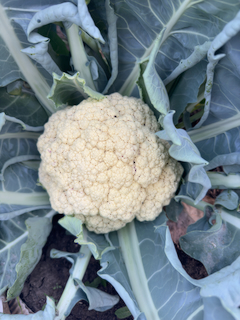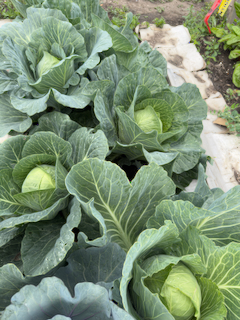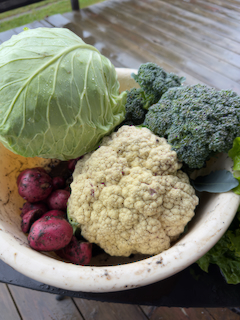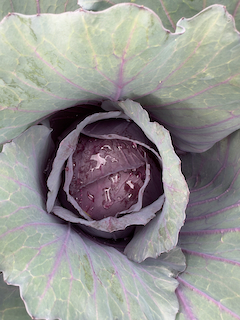| Back to Back Issues Page |
 |
|
Vegetable Gardening Hints, August 2024 August 01, 2024 |
Hello, Is your compost ready?I recently had a question on my facebook group wondering if their compost was ready to use. Do you make compost, if not it is time to get started. Making compost from your vegetable garden debris and kitchen waste is an environmentaly friendly way to recyle organic matter and improve the health of your soil. Benefits of Composting:Soil Enrichment - Compost enhances soil structure, texture and aeration increasing its water holding capacity. Nutirent Supply - It provides essential nutrients for plant growth, reducing the need for chemical fertilizers. Waste Reduction - It helps to reduce the amount of garden and kitchen waste that ends of in landfills. Eco-Friendly - Compost can reduce greenhouse gas emissions and promotes sustainable gardenig practices. If you are new to composting, check out my pages on the best materials for composting and compost basics. Troubleshooting Common IssuesSome people avoid making compost due to common issues like bad door, slow decomposition and pests. There are ways to troubleshoot these issues.Bad odor is often due to excess moisture or to much green matter. Add more browns (like dried leaves, straw or soil) and turn the pile to aerate. If you are in a rainy climate you may need to cover your bin and then add in the water rather than relying on the rain. Slow decomposition is due to lack of moisture, insufficent greens or cold weather. Ensure proper moisture, add more green matter (garden or kitchen waste) and turn the pile. To keep out pests avoid adding meat, dairy or oily foods which can attract them. Covering your kitchen scraps with a layer of brown matter can also keep them out. How do you know is ready?Compost is ready when it is dark, crumbly and has an earthy smell. Don't worry about getting it perfect, just get started making some and you will soon be a pro.Use this "black gold" as it is sometimes called as a soil amendment to improve your soil, spread the compost as mulch around your existing plants, or combine it with materisl like sand and peat ot make potting soil for your container garden. More composting tips:1. Chop large debris into smaller pieces to speed up the decomposition.2. Cover the pile with a tartp to retain moisture and heat expecially if it is rainy or colder weather. 3. Stay committed to your compost. It takes regular maintainence and patience but so worth it when you can harvest huge brassicas like I have this summer. You can turn your vegetable garden debris into valuable compost, creating a healthier garden and contributing to a more sustainable environment. Happy composting!
My Garden Wins:


 My cauliflower, broccoli and cabbages have flourished and producing more than I can eat. A friend asked what was my secret but I do not have any. I think having just the perfect amount of rain every week or so has done wonders for my garden. I find natural water works best for any garden which I talked about in my July newsletter.
My cauliflower, broccoli and cabbages have flourished and producing more than I can eat. A friend asked what was my secret but I do not have any. I think having just the perfect amount of rain every week or so has done wonders for my garden. I find natural water works best for any garden which I talked about in my July newsletter.
I recommend:Learn more aboout how I prepare my garden soil.Check out my growing tips for you favourite vegetables. Why is Soil so Important is a great ebook giving simple and easy instructions on making and keeping your garden soil healthy. Vegetable Garden Plans for your Rasised Beds Vegetable Garden Plans for Square foot Gardens Vegetable Garden Plans for Row Gardening Join my facebook groupI would love to hear why you garden. Also, if you have any questions or comments please check out my Facebook group and lets chat. www.facebook.com/groups/veggiegardenhelperSpread the wordGet everyone growing a few of their own veggies. Forward this FREE ezine to a friend. Happy gardening!Catherine |
| Back to Back Issues Page |